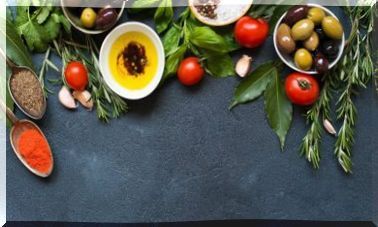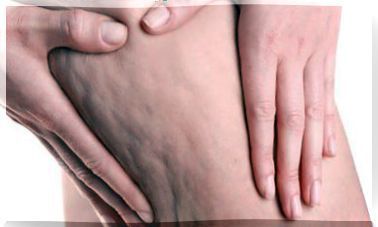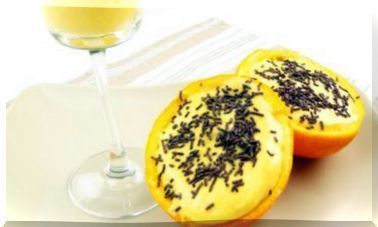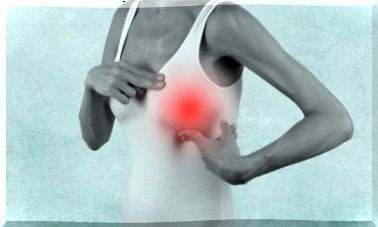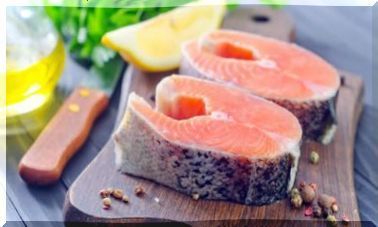Is A Low-salt Diet Always Healthy?
Here we explain when and when it is not advisable to follow a low-salt diet.
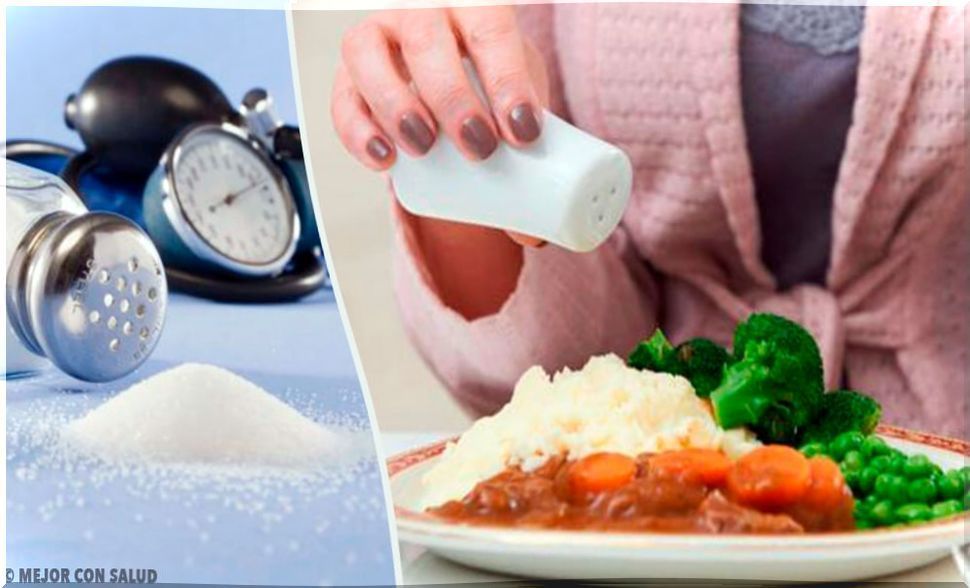
Salt is a controversial item. Like sugar, its excessive consumption is often associated with a significant number of health conditions, which are alarmingly dangerous. A low-salt diet is healthy, but is it good for everyone?
For years, doctors around the world have recommended limiting your salt intake. Especially those with high blood pressure or heart failure problems. However, these considerations are no longer unanimous at present.
Salt: a necessary element
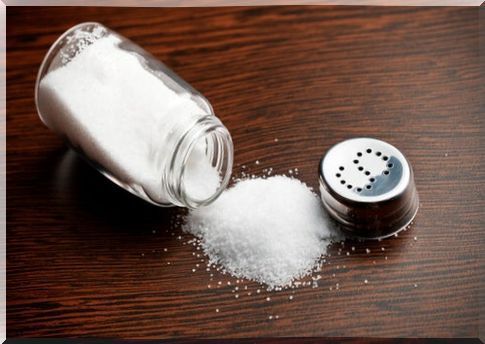
In addition to flavoring foods, salt is an important source of sodium. Sodium is one of those responsible for regulating the amount of fluids present in the body. In addition, it participates in the transmission of nerve impulses. Thus, this macromineral should not be taken in excess, but it is essential to achieve good nutrition.
The first symptoms of this mineral deficiency in the human body – hyponatremia – are apathy and weakness. In addition, if the levels do not normalize, the problems worsen :
- Fading.
- Low blood pressure
- Collapse of the circulatory system.
- State of shock.
- Finally, it can even lead to death.
It should be noted that a diet low in salt can help prevent the harmful effects of sodium in the body.
Excess sodium usually doesn’t come from salt
It is estimated that, on average, a person obtains 75% of their sodium from food that is not prepared at home. For example: canned foods, sausages, industrial flours, sweets, dairy – such as cheese and butter – and others.
The 3 key minerals

There is a discrepancy about the validity of low sodium diets. On the one hand, low sodium diets are considered to be detrimental to health – especially for people with hypertension or with heart disease – while other positions insist that the problem is not concentrated in the sodium levels in the blood.
According to the opinion of most experts, the deficiency of three other minerals is what is harmful to the body. These minerals are: magnesium, potassium and calcium.
We recommend you read: 7 good things that happen to you when you reduce your salt intake
Disadvantages of the low salt diet
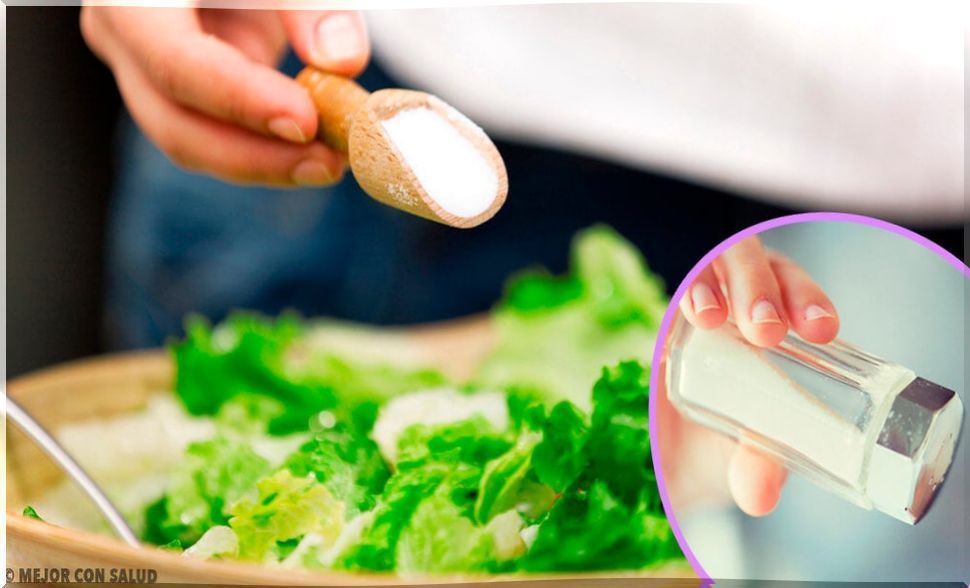
In patients with kidney, heart or simply hypertensive conditions, one of the first measures to be taken by treating physicians is to reduce salt intake to a minimum. The purpose is to reduce sodium levels in the blood to improve the functions of the body. The consumption of some foods such as dairy products (mainly cheeses) and refined flours, among others, is also restricted.
In general, specialists order the adoption of low sodium diets, in which sodium consumption is limited to less than 2.3 grams per day. There are even some doctors and nutrition experts who set the limit even lower, at a maximum of 1.5 grams per day.
Everyone agrees that excess sodium is detrimental to health. However, not everyone shares the idea of removing salt from the menu.
Avoid excesses
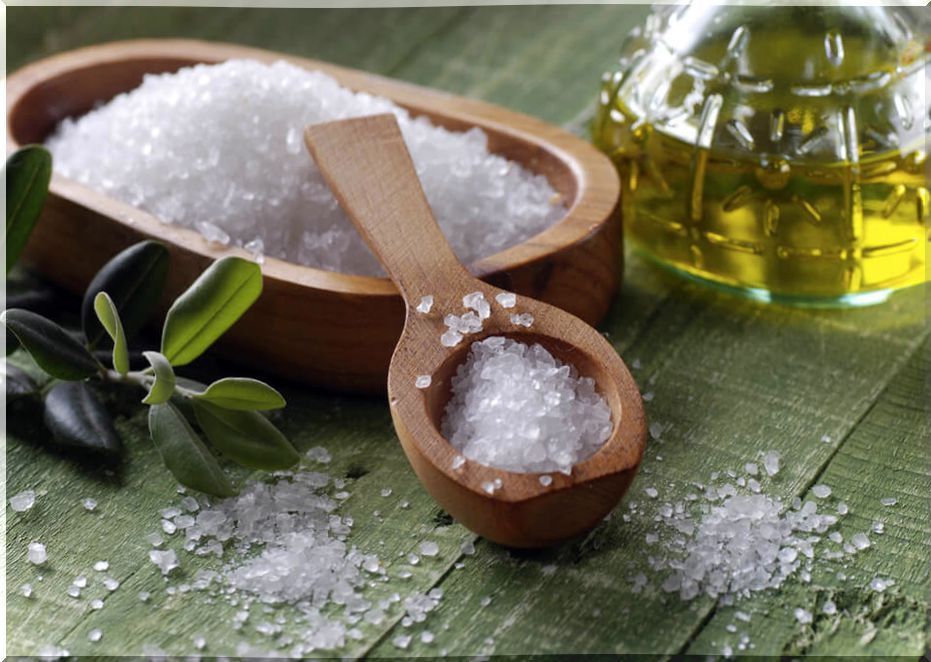
In general, all kinds of excesses must be avoided. Foods without salt do not have the right taste. But too much salt is harmful to anyone.
To prevent any type of disease – not only those related to the functioning of the heart – a balanced diet should always be maintained. Although not always a low salt diet.
Beyond special considerations, efforts should be made to limit as much as possible the consumption of canned and precooked products, as well as those made with refined flours.
At the same time, it is recommended to include five daily servings of fruit such as: plum, apple and peach. All of these are natural sources of sodium. Fruits and vegetables should be the backbone of our nutrition, as well as animal proteins. In this sense, chicken, fish and red meat stand out.
Finally, it should be mentioned that eating a low-salt diet does not mean that we give up taste. Thus, those who decide to reduce their salt consumption, can resort to condiments and spices such as pepper, paprika, bay leaf, rosemary, basil, among others. On the other hand, you can also choose onion and garlic to season and enhance the flavors of your meals.
